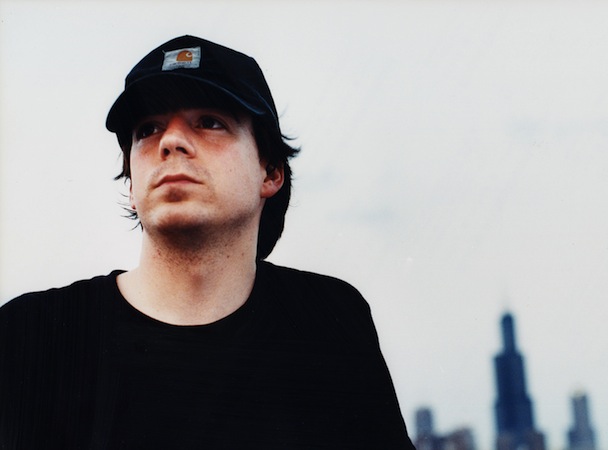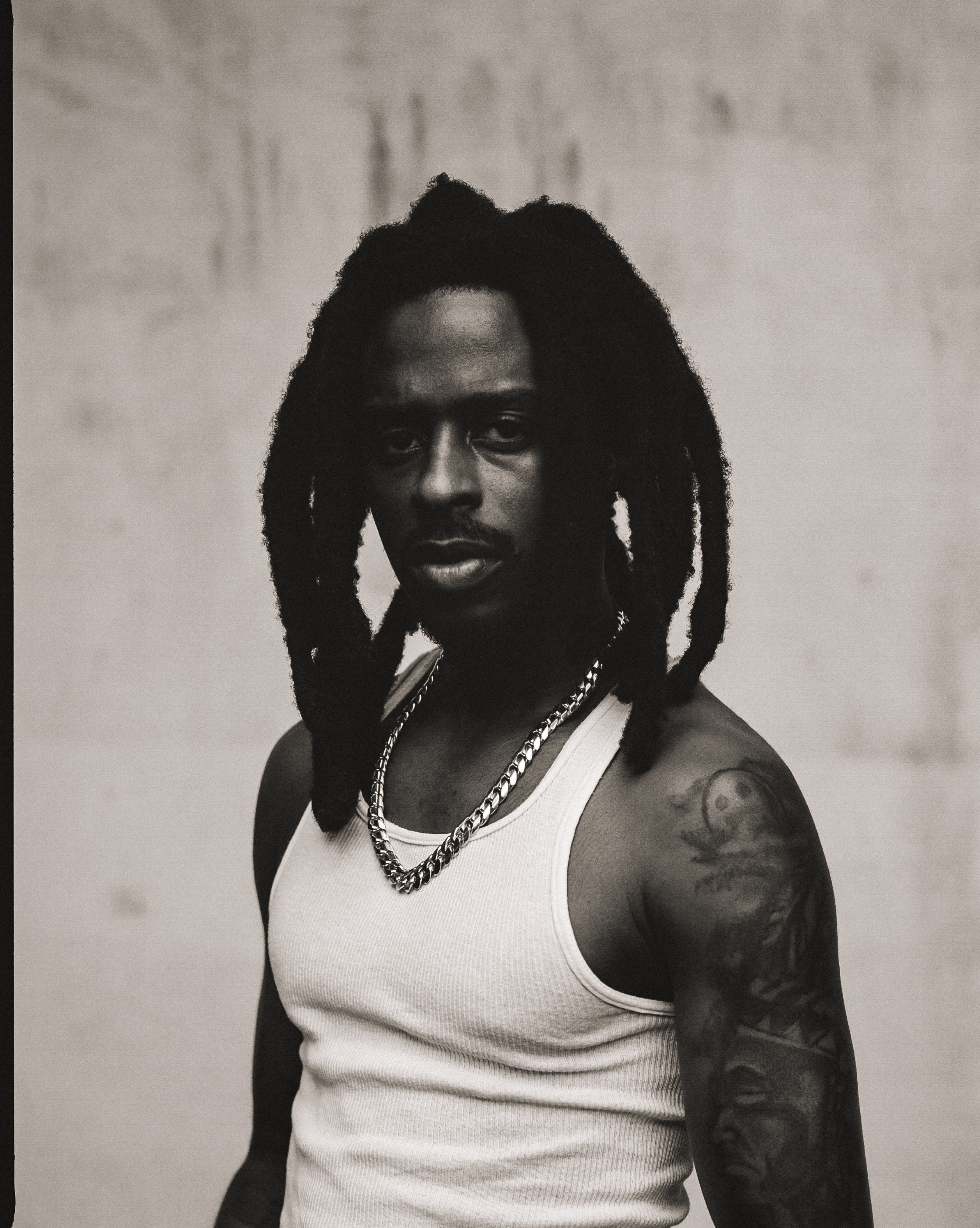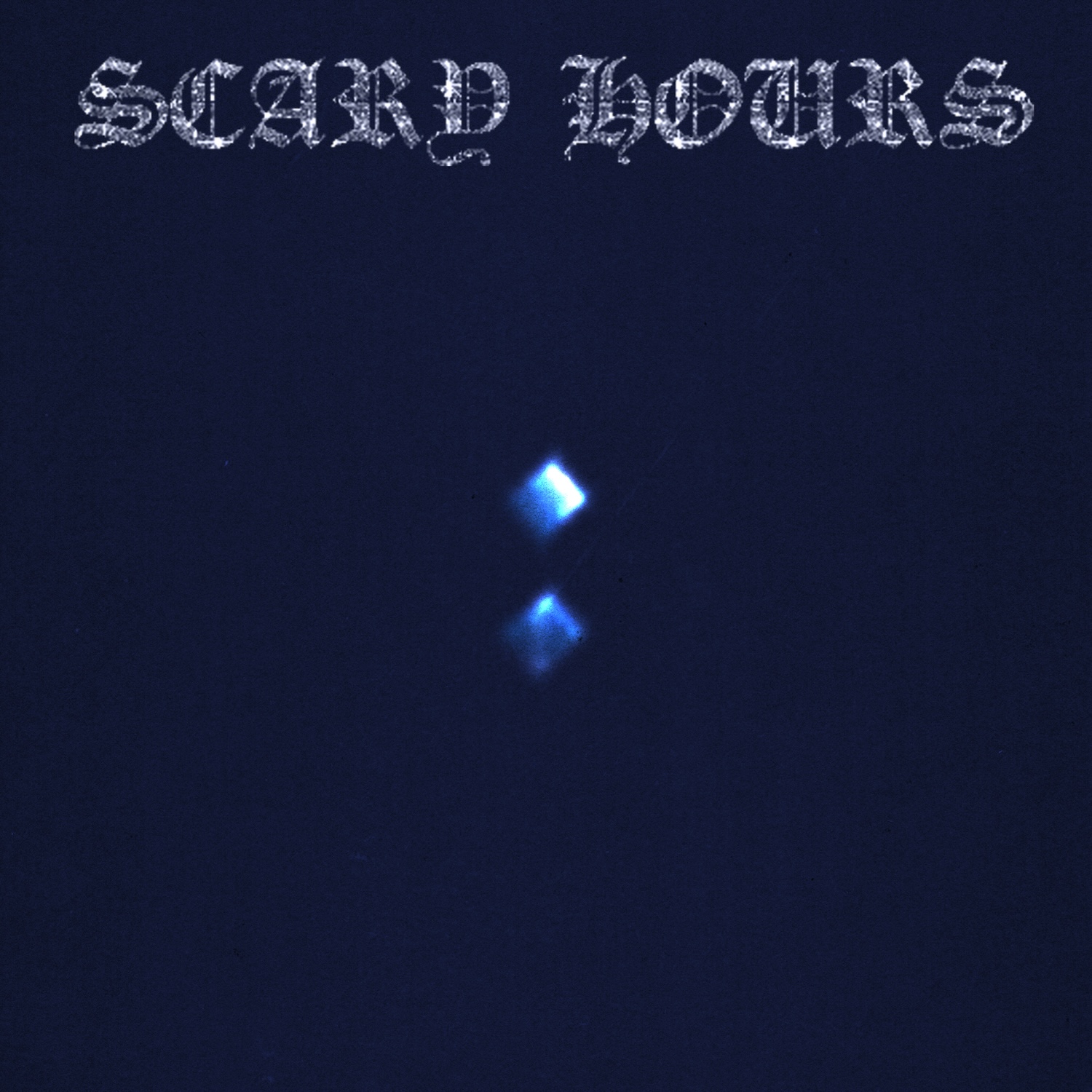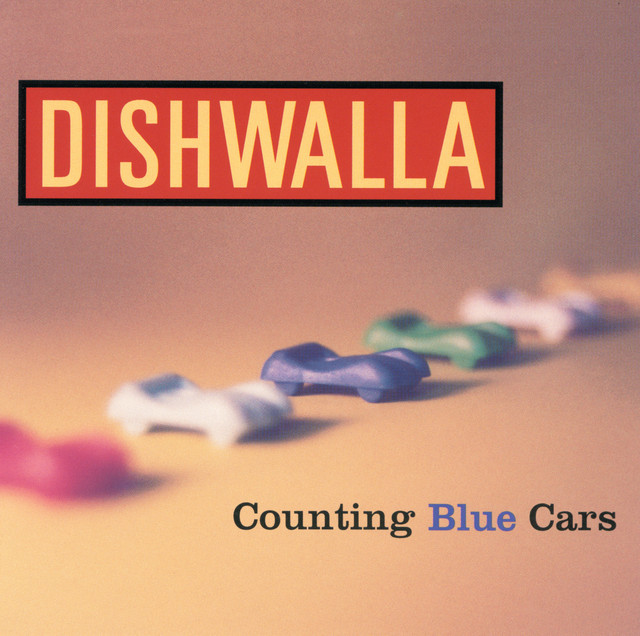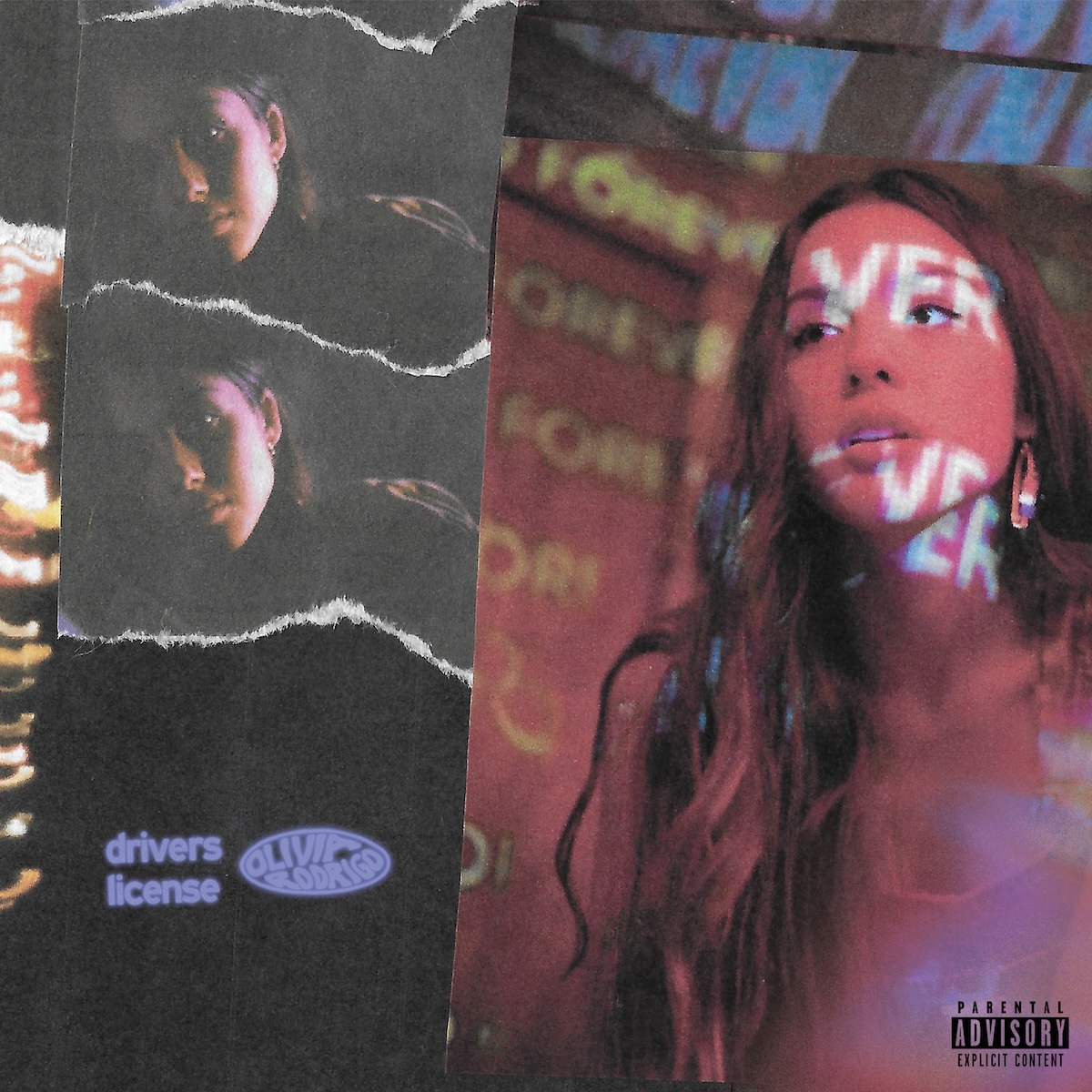On March 16, Songs: Ohia and Magnolia Electric Co.'s Jason Molina died of natural causes in his Indianapolis home. The 39-year-old songwriter's organs gave out after a longstanding battle with alcoholism. His body crumbled under the physical and emotional toil that he faced in his treacherous road back to sobriety.
In Molina's memory, Graveface Records are releasing a massive tribute compilation titled Weary Engine Blues. Dozens of artists including Will Johnson, Mark Kozelek, Damien Jurado, Will Oldham, and Jeffrey Lewis cover his stunning works. Their contributions remind listeners just how much the departed artist was admired -- he was a songwriter's songwriter.
Like many musicians, Molina didn't have health insurance. His medical bills amassed as he checked in and out of rehab facilities and received medical treatment after cancelling his last scheduled tour in 2009. When Molina needed money to cover his costs, he pleaded for donations from fans and friends alike. "Jason never gave up," Secretly Canadian's publicist Lucy Robinson told me. "He made music until the last day of his life. He was in bad shape, but it was his body that gave out."
As his friends and admirers now pay ode to the influential songwriter, it offers a reminder of how fundraising efforts -- be it benefit shows or tribute compilations -- fail to address the larger problem facing musicians. That's not to say they lack good intentions. The Savannah-based label will graciously donate 100 percent of its proceeds to Molina's family. But it doesn't change the fact that the prolific songwriter's death could have been prevented with access to affordable health care.
He's hardly alone. Nearly one-third of American musicians are uninsured -- double the percentage of the overall population without medical coverage. Only an estimated five percent of insured musicians, namely session musicians and orchestra players, have health care provided through their professional musical careers. That unfortunately doesn't include most indie-rock artists.
Instead, most musicians scrape by selling records, tickets, and merchandise -- all revenue sources that don't guarantee a steady paycheck. As a result, artists often forego steep health-care costs to pay for food, rent, and other necessities. "If you're living on 15 or 20 thousand dollars a year, then health insurance actually does become a luxury," Health Insurance Navigation Tool program director Alex Maiolo told Indy Week in 2008. "It's hardly a luxury. It's something people need."
Last month, music scribe Jessica Hopper noted in her weekly Fan Landers column a long list of reasons why musicians should pay for health care. Among those were touring accidents, loading heavy equipment, second-hand smoke, drunk concertgoers, and countless others. Earning one's keep in bars and clubs, places conducive to substance abuse, also doesn't help. It's these perils of touring life that can force musicians to gamble their health to save money in the short run.
That's often when the unexpected crises happens. Last August, Baroness's bus crashed off a bridge, falling 30 feet of a cliff while cruising around 50 miles per hour. "No one, the local residents, the police or any of us can believe we survived the impact," frontman John Baizley wrote several weeks later. Somehow, everyone survived the freak accident. The band, however, couldn't tour for months due to their serious injuries, which dealt them a financial huge blow.
Still, plenty of musicians still remain uninsured. It's a trap that many emerging artists, who are relatively healthy when young, fall into early in their careers. For both uninsured and even some insured, musicians are often an overdue medical diagnosis or unforeseen accident away from financial crisis.
Earlier this year, doctors diagnosed School Of Seven Bells guitarist Benjamin Curtis with T-Cell lymphoblastic lymphoma. The rare form of cancer, which specifically targets the immune system, developed quickly and attacked his body. Aggressive chemotherapy will likely save Curtis's life. The problem? He doesn't have insurance to pay for the costly procedures and will incur an overwhelming debt to survive.
Josh Homme has twice witnessed how medical costs have burdened his bandmates. Former Queens Of The Stone Age bandmate Natasha Shneider grappled with an unsuccessful bout against a deadly growth that required chemotherapy treatments, which cost thousands every day. Meanwhile, Eagles Of Death Metal bassist Brian O'Connor developed stage-four colon cancer, lung cancer, and bone tumors. The band, financially stable at this point, paid $25,000 out of pocket for the surgery.
A viable path toward health insurance becomes almost nonexistent with chronically ill artists. Minneapolis rapper P.O.S. and Rogue Wave drummer Pat Sturgeon have suffered from kidney failure for decades. Along the way, both underwent long-term dialysis, received transplants, and paid for costly prescriptions. The Twin Cities emcee crowd-funded some of his expenses, and nearly a kidney in the process, in order to make up for a canceled tour to support his 2012 record, We Don't Even Live Here. Sturgeon took a riskier route in 2007 and toured while self-administering dialysis, sometimes doing it backstage or even in the band's van. He simply couldn't afford to take time off away from his profession.
Being uninsured also remains an issue for healthy musicians. Last September, Grizzly Bear frontman Ed Droste told New York that some of the band's members couldn't afford health insurance and that most fans "probably have an inflated idea" about their income. In 2011, Le Tigre's JD Samson wrote an eye-opening Huffington Post column where she described the effects of not having a "safe" livelihood through music. In short: survival as an uninsured artist caused her immense uncertainty and stress.
Marnie Stern, who's often considered among the great contemporary guitarists, has expressed similar concerns about her career's financial viability. She makes a living through guitar lessons and selling clothes on eBay, not through records sales or touring. "I am embarrassed that I can't afford health insurance," she recently said to Pitchfork. When I recently talked to her for Under The Radar, Stern said she panics over what would happen if she couldn't tour anymore.
Without health insurance, these three relatively healthy individuals will likely wait on medical treatment until it's absolutely necessary instead of paying out-of-pocket. If Droste, Samson, Stern, and others bypass regular treatment, preventable diseases turn into larger health issues that simply could've been avoided.
Those effects become evident as artists age. Veteran musicians Alejando Escovedo and Lou Barlow are just a few who have encountered financial difficulties as medical bills piled up. The problem even contributes to the death of artists such as Big Star frontman Alex Chilton. In 2010, the uninsured New Orleans-based songwriter reportedly experienced "shortness of breath and chills" multiple times in the week before he died after a heart attack.
Hip-hop pioneer Kool Herc couldn't pay for surgery to remove his kidney stones, an excruciating-but-curable ailment. With more than $10,000 in medical bills, he turned to his fans for help. "Now we are fighting for health care not just for me, but for everyone," Herc wrote. "I see this as another quest for me to shine light on a sensitive issue for the community."
There are some limited options today to address the widespread health-care drought. The Future Of Music Coalition, a national nonprofit organization devoted to various musician causes, consults men and women who are looking to find medical coverage on a pro bono basis. MusiCares also gives millions in aid each year for those desperately seeking help. Other groups including artist unions, healthcare advocates, and other musician organizations can help. If done right, musicians can find affordable medical coverage that doesn't involve free clinics or safety-net hospitals.
All too often, though, these options aren't pursued. That usually means that artists turn to fundraising efforts. Following Curtis's diagnosis, School Of Seven Bells frontwoman Alley Deheza started a website where fans could donate to his medical fund. "You guys are such a huge and important part of our lives," she wrote. "Send all of the light and love that you can his way. Every bit will count towards a strong and fast recovery." Yet no matter how many well-intentioned compilations like Weary Engine Blues get released, they don't address larger issues affecting more than a handful of artists.
There remains some hope, as all of this could become a moot point. Starting on January 1, 2014, major portions of the Patient Protection And Affordable Care Act, widely known as 'Obamacare,' take effect. Once that happens, insurers won't be allowed to charge higher rates based on pre-existing medical conditions. It will also enable men and women to purchase insurance in health insurance exchanges soon created in each state. The same goes for the many states that will expand their Medicaid programs, which could make lower-wage workers, including musicians, eligible for the federal health plan. The U.S. healthcare system will be improved in the near future, but it won't be fixed altogether. Some artists will still fall through the cracks as Obamacare's policies become implemented. But for the most part, more musicians should have access to less expensive medical coverage.
The health-care debate ultimately leads to a larger question addressed throughout the aforementioned New York Grizzly Bear story -- how do musicians make a living? Following that piece, Wooden Wand's James Jackson Toth and Pyrrhon's Doug Moore talked to one another here about the realities of professional musicianship. Toth said he does without health insurance and other everyday perks, opting for "a cot at the YMCA over a 40-hour work week" doing a job he hates.
Molina may have died because he approached music like Toth -- as he pursued his passions at nearly any cost, including his long-term health. While it's certainly a noble endeavor, it comes with major potential consequences. As for Moore, he argued that music should be approached as an avocation instead of a vocation. Granted, it's not sexy. It's hardly flashy. But it pays the bills -- insurance included. Now would Molina still be alive if he viewed music in this regard? It's impossible to say. But it makes you wonder.
